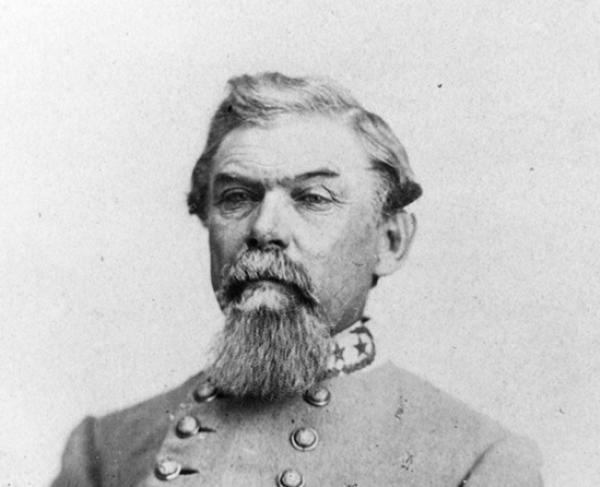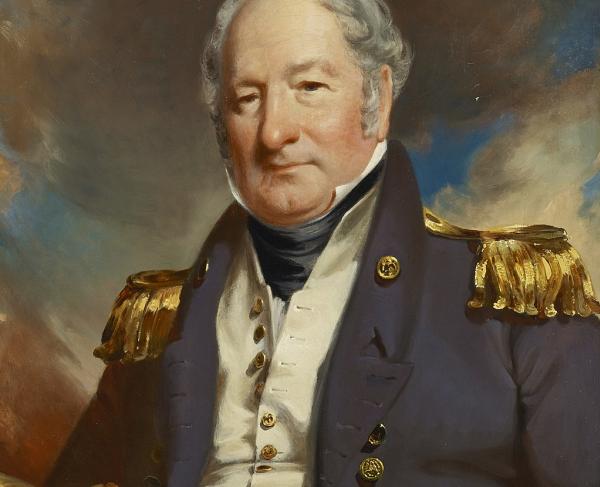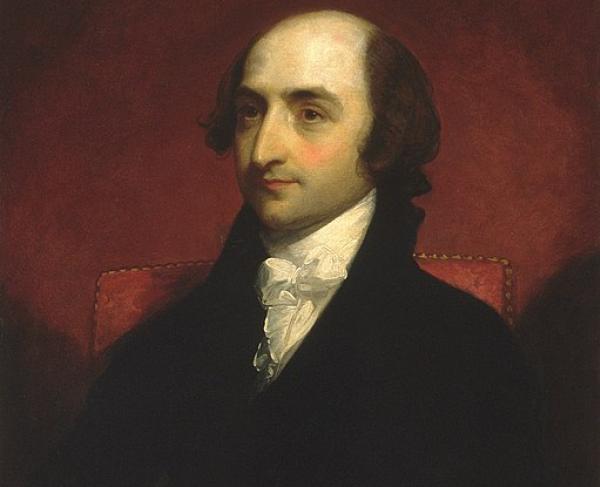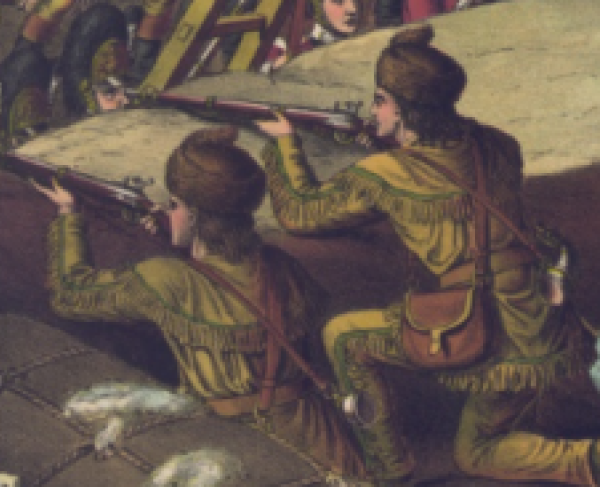William J. Hardee

William Joseph Hardee was a very successful member of the United States military before the outbreak of the Civil War. He began his career after graduating 25th out of a class of 45 from the United States Military Academy in 1838. He served briefly during the Seminole Wars, and went on to fight during the Mexican-American War. During the war, he received two brevet promotions up to lieutenant colonel for gallantry, and was captured at Carricitos Ranch, Texas. After being exchanged, he was later wounded at La Rosia, Mexico. After the war had ended, he returned to West Point and served as the commandant of cadets from 1856 to 1860. During this time, Hardee wrote what would become one of the most widely used infantry tactics books of the Civil War, called Rifle and Light Infantry Tactics (1853-1855), or more commonly Hardee’s Tactics. When Georgia seceded from the Union, Hardee resigned his commission in the United States military and traveled south.
He was quickly appointed a brigadier general on June 17, 1861, and promoted to major general on October 7, 1861. His early assignment in the war was to organize regiments from Arkansas and operate in the state. His ability to solve difficult problems earned him both the respect of the men under his command as well as the nickname “Old Reliable.” Shortly before the Battle of Shiloh, Hardee was called upon by General Albert Sydney Johnston to lead a Corps in the Army of Mississippi. He commanded the corps through the Battle of Shiloh, and received a wound to the arm. After the battle, the corps under the command of Hardee was sent to the Army of Tennessee under Braxton Bragg. Hardee led his men throughout Bragg’s Kentucky campaign. He fought at the Battle of Perryville, and led with great success at the Battle of Stones River, where his surprise attack against union troops under William S. Rosecrans helped turn the battle. He commanded troops throughout the Battle of Murfreesboro, and was promoted to lieutenant general on October 10, 1862.
Hardee replaced Leonidas Polk after the Battle of Chickamauga, and led the corps through the Battle of Chattanooga. During the battle, Hardee and his men were able to defeat Union troops under the command of George H. Thomas. After the battle, Hardee and several Confederate officers convinced Confederate president Jefferson Davis to remove Bragg from command. Hardee commanded troops during the Atlanta Campaign under General Joseph E. Johnston. During the last months of the war, Hardee commanded troops during the Battle of Jonesborough, and went on to command the Department of South Carolina, Georgia, and Florida. He resisted armies under Union general William T. Sherman, but was forced to give up both Savannah and Charleston. He took part in the Battle of Bentonville in North Carolina, and surrendered to Sherman along with Joseph E. Johnston on April 26, 1865.
After the war, he returned to the life of a planter in Alabama, and was generally seen as one of the Confederacy’s best corps commanders.


